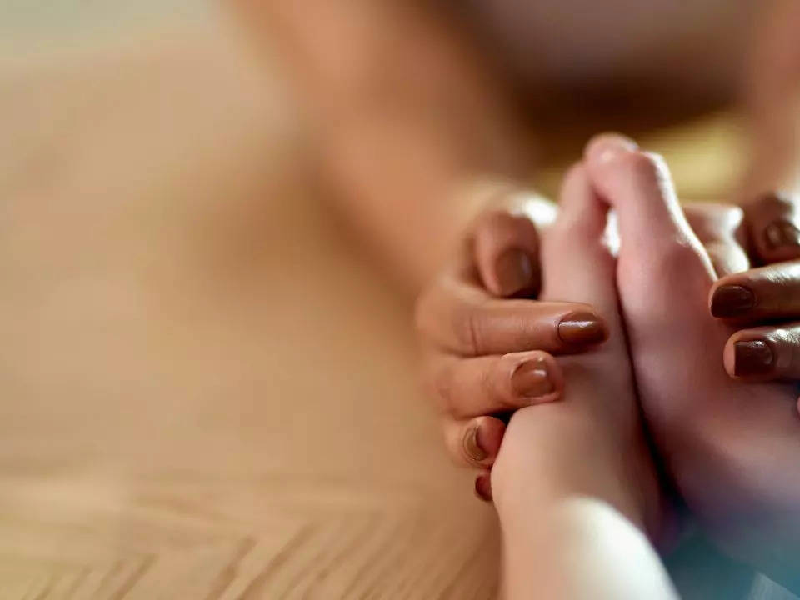
When people hurt us, it changes us. Sometimes, the pain is deep, and it stays with us for years. It shapes how we see the world, how we trust others, and even how we see ourselves. We may think, “If they really cared, they wouldn’t have done that.” Or “I’ll never be okay because of […]

Sometimes, life breaks us in ways we never see coming. It doesn’t ask permission, and it doesn’t warn us. One day, you’re living your life, doing your best, and the next, it feels like the floor disappears beneath your feet. That’s what trauma does. It shows up without a plan, and it leaves you picking […]

Sometimes, the weight of past wounds doesn’t fully register until it begins shaping present choices—especially in the relationships we pursue. For those who’ve experienced early trauma, particularly abandonment or emotional neglect, romantic patterns often mirror unresolved pain. The pursuit of love isn’t always about love itself. Often, it’s about chasing what feels familiar—even if that […]

Some lessons in life arrive gently, like a soft rainfall. Others crash in like a storm. Trauma’s Worth tells the story of someone who learned too many life-altering lessons far too early. This isn’t a story grounded in blame or bitterness. It’s a narrative rooted in truth — and in the deep impact that timing […]




